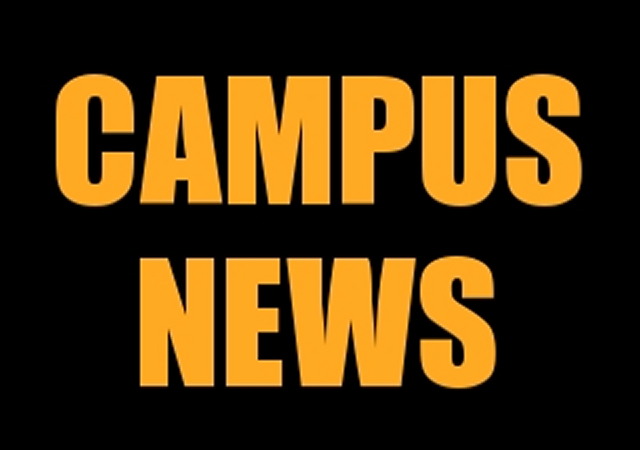Students Busted in Cheating Scandal at Texas A&M Blame the School
“If you engaged in this behavior, I would like to encourage you in the strongest way to reclaim your personal integrity”

This is one of the predictable consequences of online education. Not everyone will follow the honor system.
Campus Reform reports:
Texas A&M students busted in massive cheating scandal blame their school
Students in an online finance class at Texas A&M University are facing serious consequences for cheating on an exam with the help of a widely-used homework help website. This comes as college students across the nation wrapped up the fall semester, with the majority of their work for the year having been completed online— a new reality amid the coronavirus pandemic that presented a slew of difficulties, stresses, and gray areas.
The Texas students in question utilized Chegg.com, a site that allows users to upload problems and receive explanations from experts around the world in a matter of hours for a fee. According to the university, students had access to the completed test questions on the site and thus answered questions on the exam faster than it would have taken to read them.
Director of the Aggie Honor System Office Timothy Powers sent an email to students in the FINC 409 course warning, “If you engaged in this behavior, I would like to encourage you in the strongest way to reclaim your personal integrity,” according to the Texas Tribune.
The school’s grading site, Canvas, can measure how long a student spends on each question. Powers said he had “hundreds of examples” of questions being answered before they could have been fully read. Powers also said many students in the course have admitted to consulting the site for help by either submitting a question for solutions or searching for already answered problems…
Junior Blake Martin condemned the cheating but placed part of the blame for the scandal on the administration—which, he alleged, failed to help students during the challenging semester.
Donations tax deductible
to the full extent allowed by law.








Comments
Wow. Personal Responsibility has become so rare, it’s a goddamn superpower.
Answered before they could have been read?
Kinda like more votes being “adjudicated” than they physically had time to review?
Or like more votes cast in a district than there were voting age citizens?
What the hell do we expect our children to do when they see our political leaders cheating?
“Look what you made me do!”
I’d like to apologize for my part in making Rosie fat although I thing the fork has more guilt.
I am on the Academic Integrity Committee at my institution. I was chastised by an administrator for calling students who cheat “cheaters.” Seems we don’t want to damage the kiddies’ self esteem by “labeling” them.
The students may be on to something! By golly, they don’t have to take that kind of abuse from anyone. Let them transfer to Berkeley or, better yet, they can do like Ward Churchill and just confer honorary certificates upon one another and bypass the whole government program, entirely.
Maybe one of the naive american gambling facilities can create a keno style of pay by the game, the hour or even offer weekend plans for advanced students, including free parking and discounted ATM fees to degree seeking enrollees.
As I have said many times, online courses are garbage. There is no way to assure the lack of cheating. There is no reason to have them in spite of the covid-19 problem due to the low frequency of young people getting the virus. Stupid administrators.
I completed my MBA completely online (this was pre-COVID) and it never occurred to me to use an online homework site to help with my tests. It seems like if people want to cheat, they’ll find a way to cheat, whether the class is online or not.
This has been a problem far pre-dating online education. When I was in law school, professors sometimes gave take-home exams. Students were admonished regarding not consulting anybody as well as what materials they could or could not consult in answering the questions. I obviously cannot attest that nobody cheated, buy I never heard of an allegation that someone had cheated. Maybe people had more honor or fear in those days, or less entitlement, or maybe it was hushed up.
At least in some instances (not necessarily the one described in this article), instructors can be faulted for using test banks or easily obtainable problems that have previously been solved. It is appropriate to expect students not to search sources for solutions once the exam has begun, but it is silly to imagine that in the course of studying for an exam students will not have access to any and all sources of solved problems.